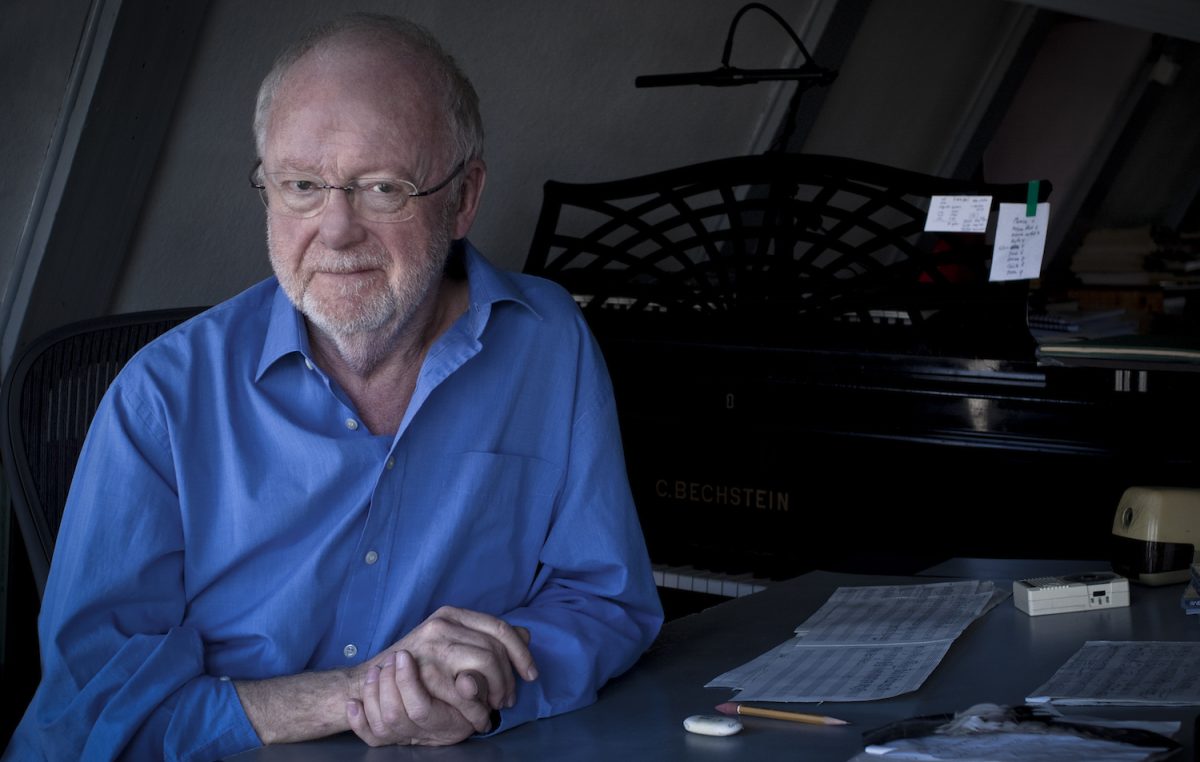The New York Philharmonic this week announced that Dutch composer Louis Andriessen is the recipient of its Marie-Josée Kravis Prize, an award consisting of $200,000 and a commission from the orchestra. Something of a lifetime achievement award, the prize has previously gone to Frenchman Henri Dutilleux (2011) and Danish composer Per Nørgård (2014).
Andriessen, 77, is a veteran figure of European post-minimalism, whose first major works, notably Workers Union (1975) and De Staat (1972–76), were steeped in Marxist politics, the 1970s counterculture, and a brash instrumental pallet (he long refused to write for symphony orchestras in favor of quirkier ensembles). He has long since moved away from his early political statements, and recent works, like Theater of the World (about Dutch Renaissance thinker Athanasius Kircher) and Odysseus’ Women, have dealt mainly with historical and mythical subjects.
But if there was ever a moment for a “political minimalist,” as he’s been called, this may be it. In a short Philharmonic promotional video, Andriessen talks about his interest in writing a Straussian tone poem based on the tale of Agamemnon, the King of Mycenae and leader of the Greek army who led the attack on Troy in Homer’s Iliad. Modern interpretations of Agamemnon have often focused on the ruler’s greedy and reckless qualities, portraying him as a selfish megalomaniac who kills his daughter and otherwise treats women shabbily (and who is ultimately killed by his jealous wife, Clytemnestra).
Is Andriessen thinking on an allegorical level? Will present-day worries about America’s direction and leadership in the world shape his approach? The piece is expected to be premiered in the 2018-19 season, by which time the composer should have a lot to consider.


Leave a Reply